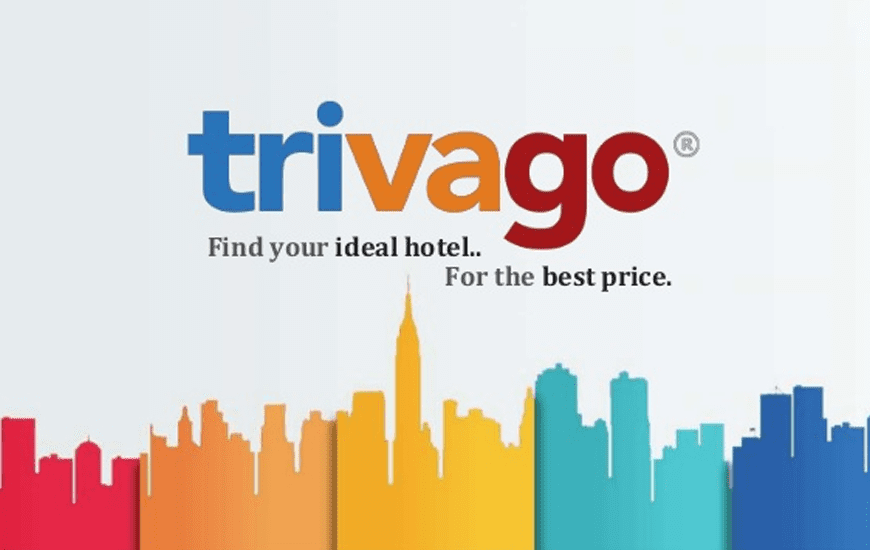Trivago was ordered by the Federal Court to pay $44.7 million for providing misleading information about hotel room rates on its website and in its television advertisements. These proceedings were initiated by the Australian Competition and Consumer Commission (ACCC). In January 2020, the court ruled that Trivago had violated the Australian Consumer Law (ACL) by misleading consumers with its claims that its website would enable users to identify the best and cheapest rates quickly and with ease.
What is misleading conduct?
The Australian Consumer Law provides no specific definition of misleading or deceptive conduct; the law is interpreted within the context of particular cases. However, misleading advertising occurs when a business presents information that can mislead the average consumer, whether this is through false statements, misleading information, or implications.
The intent behind the information isn’t considered; what matters is its overall impression on consumers.
The ACL protects consumers against misleading practices and ensures businesses conduct fair sales practices.
Within ACL legislation, Trivago was found to breach three areas of the act including that:
A person must not, in trade or commerce, engage in conduct that is misleading or deceptive or is likely to mislead or deceive.
Prohibits misleading or false representations for the price of goods and services.
A person must not, in trade or commerce, in connection with the supply or possible supply of goods or services or in connection with the promotion by any means of the supply or use of goods or services.
Make a false or misleading representation with respect to the price of goods or services.
A person must not, in trade or commerce, engage in conduct that is liable to mislead the public as to the nature, the characteristics, the suitability for their purpose or the quantity of any services.
Trivago vs ACCC: what happened?
The ACCC noticed issue with Trivago’s representation of hotel pricing on its platform and TV advertisements, claiming that the booking platform did not always list the cheapest options first, contrary to its claims.
In August 2018, the ACCC began proceedings in the Federal Court against Trivago, claiming that from at least December 2013, Trivago ran television advertisements depicting its website as an impartial and objective medium for price comparisons.
The advertisements represented that the website would assist consumers in identifying the cheapest prices for hotel accommodation. However, according to the ACCC, Trivago’s website instead prioritised advertisers paying the highest cost-per-click rate.
The Federal Court found Trivago had made four significant breaches of the ACL, these included:
1. Cheapest price representation
Breaching section 34 of ACL, in that Trivago engaged in conduct that was likely to mislead the public regarding the nature, characteristics, and suitability of the accommodation search service provided through the Trivago website.
2. Top position representation
Breaching sections 18 and 29 of ACL Trivago misrepresented top position offers on its website as the cheapest available offers.
3. Strike-through representation
Breaching sections 18 and 29 of the ACL Trivago’s strikethrough prices were misleading as they compared offers for standard rooms with offers for luxury rooms. Creating a false impression of savings offered on a common room.
4. Red price representation
Breaching sections 18 and 34 of the ACL, Trivago gave consumers the false impression that it was providing the cheapest option available when, in many instances, the option that would earn Trivago the highest commission was advertised with priority.
Trivago admitted that between December 2016 and September 2019, the company received approximately $58 million in cost-per-click fees from clicks or offers that were not the best value as claimed. Moreover, their actions intentionally cost Australian users approximately $30 million in additional costs. The Federal Court fined Trivago $44.7 million for their misleading conduct.
Implications for professionals
For those working in marketing, this case can work as a great example of the importance of ethical business practice. Businesses need to consider who their target audience is and how that audience will interpret what is being represented.
Reminder: The intention behind a representation does not matter if the court deems a party to engage in misleading or deceptive conduct; they have breached ACL, even if they have acted with honest intentions.
“This is a win for consumers and is an important warning to comparison sites that they must not mislead consumers about the results they recommend,” – ACCC Chair Rod Sims.
Key Takeaways
- Accurate representation in advertising isn’t just for a legal requirement but an ethical one.
- Transparency and trust are critical assets for businesses, especially those operating digitally.
- Misleading consumers will have long-term repercussions.
- Professionals must prioritise honest and transparent interactions between brand and consumer, both content and advertisements.
- The ACCC ensures a fair Australian market and protects consumers from misleading practices.
The Trivago v ACCC legal battle highlights the crucial significance of transparency in advertising. It is vital for companies to communicate in an honest and unambiguous manner. This approach towards consumers manages a positive brand/user relationship as well as ensures compliance with legal regulations.

